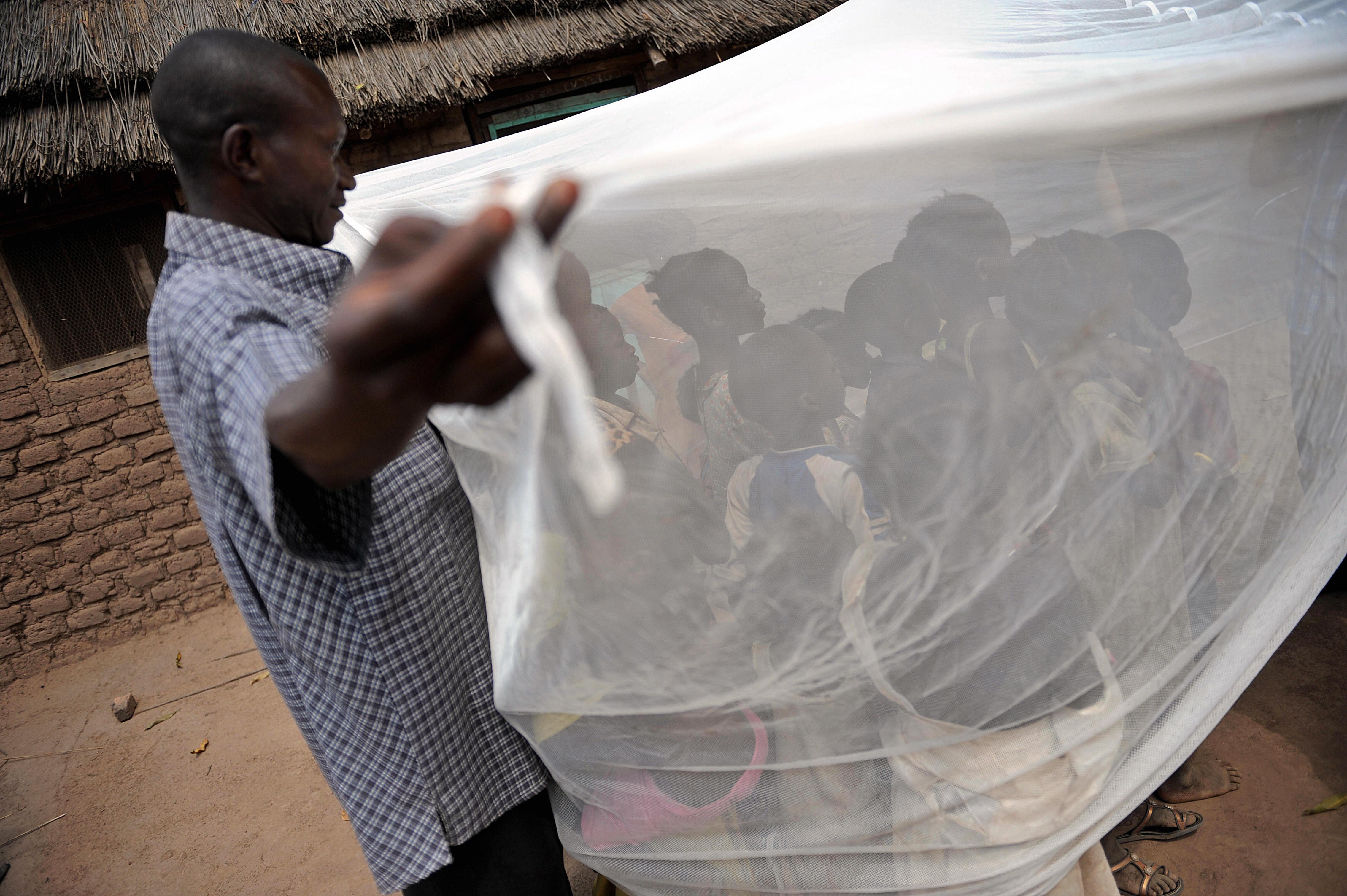British drug maker GlaxoSmithKline (GSK) is set to seek regulatory approval for the world’s first malaria vaccine after trials with the drug caused a 50 percent drop in the number of malaria cases in African children.
The vaccine is called RTS,S and was developed by GSK along with the non-profit Path Malaria Vaccine Initiative, with funding from the Bill and Melinda Gates Foundation. The vaccine has been in development by GSK for three decades and the trial was the largest-ever clinical trial conducted in Africa, involving almost 15,500 children across seven countries, the BBC reports.
The nearly 50 percent drop in childhood malaria cases, while dramatic, traditionally wouldn’t make a vaccine a sure thing, as most childhood vaccines provide at least 90 percent protection, according to NBC News. The vaccine was also less effective in preventing malaria in infants with only 27 percent effectiveness. But, the sheer scope of the devastating impact of malaria, particularly in the developing world, makes grading on a curve more than acceptable, says GSK. “The sheer number of children affected by malaria means that the number of cases of the disease the vaccine can help prevent is impressive,” Andrew Witty, CEO of GSK, said in the statement. “These data support our decision to submit a regulatory application for the vaccine candidate.”
Malaria afflicts 216 million people each year and kills more than 600,000, where most of the fatalities are children under 5 years old in sub-Saharan Africa, according to the World Health Organization. According to Bloomberg, “GSK plans to submit the vaccine to the European Medicines Agency for approval next year, and the WHO has said it may in 2015 recommend RTS,S for use if safety and efficacy are satisfactory.”
GSK has pledged to keep the cost of the vaccine low, NPR reports, with prices no more than the cost of production plus a 5 percent profit that the company says it will invest in developing other vaccines for neglected diseases.
